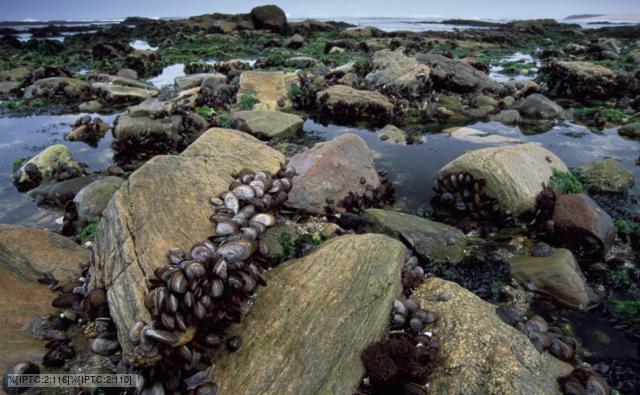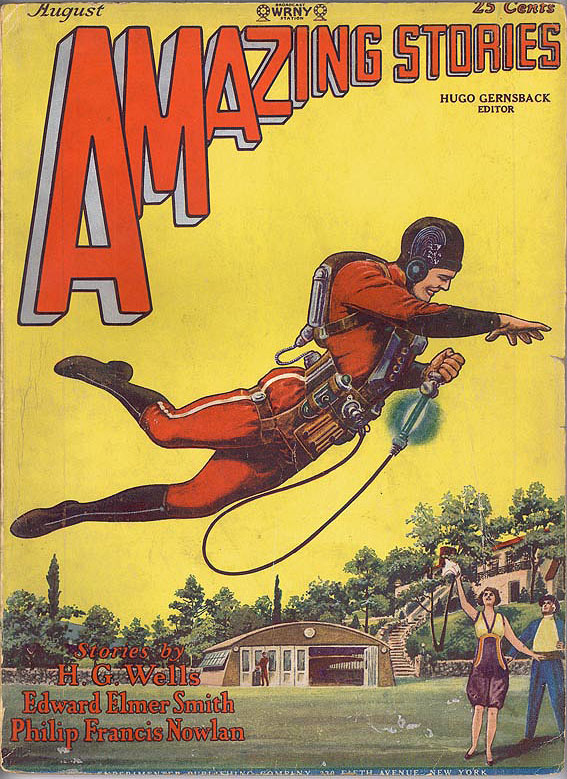From time to time a group of my Middle School English colleagues travel down to the Kindergarten to learn with and from our remarkable Kindergarten teachers. We use a protocol from their Reggio Emilia practice to explore student learning and become smarter teachers together.
One teacher presents a brief snippet of learning from their classroom: something they videoed; a piece of student learning; an observation they have made. The rest of us listen as the teacher explains what they have brought and why. Then each of us responds one at a time exploring the learning through the various lenses of the student’s perspective, pedagogical perspectives and conceptual understandings. Finally the teacher who has brought the snippet reflects on what they’ve heard and there is discussion about how to push learning forward for this student or class.
When we met recently, we were asked to direct our focus to a new learning space that was being established just outside the classroom. From where we sat on tiny stools, knees around our ears in the K2 classroom, we looked out through the glass doors to a low wooden fence that had been placed under the outside awning. A space had been established as wide as the classroom and encroaching about 4 meters out into the playground. We were told that the students had expressed a desire to have a space to paint and work creatively outside and so the teacher had worked with them to establish this zone beyond the classroom. Her question was “what next?” how best could she work with the students and the space to support student growth?
Various observations were made about the way students were exploring creativity and play and the final conversation explored the way the space that had been mapped out existed as a transitional space between the playground and the classroom. As Shakespeare would put it, neither fish nor foul, this space was neither classroom nor playground but open to the defining grammars of either or both.
We spent some time during this discussion exploring the implications of “play” and “creativity” and how ownership of the playful or creative space engenders agency and student engagement in the space and the learning. Students tend to own playgrounds, teachers tend to own classrooms. This littoral zone between the outside and the inside was a playful space where learning might be defined differently and creativity fostered. The trick, we decided, was in continuing to support the students to take ownership of the space and in exploring ways to break down some of the expectations around what belonged inside and out.
..........
I’m reminded by this conversation of a Gwen Harwood poem: “Littoral”. Harwood was an avid reader of Wittgenstein and her poetry often engages with the phenomenological challenges of language and meaning. How does language come to reflect a world "outside" and does our sense of reality exist in the space of language "inside" or in some kind of transitional space between? The inquiry is reminiscent of the noema/noesis dichotomy of Husserl later elaborated in the philosophy of Heidegger.
The littoral zone Harwood evokes in her poetry is, at the literal level, the tidal zone between land and ocean ‘where life began’. Neither sea nor land, Harwood's littoral zone features elements of both; meaning exists there as a penumbra of potential. It’s a poetic space between certainty and ambiguity, land and water, where new understandings can be formed.
“Littoral” describes a reverie as the poet’s children play on the tidal rocks and concludes:
My children call
across the wind for me to come;
the tide streams through a honeycomb
of rock and air. This littoral
margin of land and water still
vibrates with life, where life began.
In the poem Harwood’s reverie is broken by the calls of her children who are exploring the tidal pools around her. This, like the reverie that produces the poem, is a temporary space inhabitable only briefly before the tides sweep back to claim it.
..........
With Harwood's metaphor in mind, I return now to reconsider another piece of work that we looked at with our Kindergarten colleagues. This snippet was offered by a Grade 8 teacher and she began by showing us an entry ticket where the student apologised for being unable to explain the theme of a novel:
I have no idea. I hope you are having a nice day Ms X.We then watched a video clip of the student having a conversation later in the class. The student described an event from his novel and then went on to reflect on what it might mean in terms of a theme. The explanation was a little off track for the novel and very tentative and the teacher was wondering what to do next.
Again our conversation turned to the agency of the student. This student had crossed from a pedagogical space where meaning was something he saw as coming from outside to something that he could start to explore and define for himself. The feeling of the group was that his efforts were to be celebrated and encouraged and that “getting it right” was a secondary concern at this point in his development. We discussed the need to keep supporting him as his identity changed from a person who is passively taught to a person who actively learns.
As I reflect on Harwoods metaphor of the littoral, it strikes me that this tentative step into finding meaning is profoundly important for the development of this student. A spark to be protected, fanned and fed further. This is a student who has seen school and literacy as something that is done to him and over which he has very limited control. In this piece of video, he was taking early steps to take control of the process and learning is becoming something he can do for himself.
And the Littoral zone that fostered this learning? For this student I feel it was two things: a "just right" novel that engaged him and give him the confidence to run with his ideas; and a classroom that gave him the space and grace to explore and search for his own meaning.
..........
One final tentative reflection as I enter my own littoral zone between the space where we speak with confidence about curriculum and the watery uncertainties that support our emerging ideas. We are doing a lot of work with "knowledge" and "conceptual understanding" in our evolving curriculum design at UWCSEA. In much of this work I detect an implicit assumption that "knowledge" is one kind of epistemological entity and "conceptual understanding" a different kind of beast altogether. I would like to explore a different formulation: understanding as a littoral zone at the margins of the certainties of knowledge - not so much an entity as an attitude. Not so much something to be "discovered" as a way of engaging with knowledge. In this formulation I suspect that understanding is not a secondary state following knowledge but a more primary state of inquiry and uncertainty; a creative space where meanings can be formed because the hard-edged artifice of knowledge is worn away by waves of uncertainty.
Harwood explores something along these lines in another of her poems.
Thought Is Surrounded By A Halo
Gwen Harwood
Show me the order of the world,
the hard-edge light of this-is-so
prior to all experience and common
to both world and thought,
no model, but the truth itself.
Language is not a perfect game,
and if it were, how could we play?
The world's more than the sum of things
like moon, sky, centre, body, bed,
as all the singing masters know.
Picture two lovers side by side
who sleep and dream and wake
to hold the real and imagined world
body by body, word by word
in the wild halo of their thought.
Named after an aphorism from Wittgenstein, Harwood's poem reminds us that the playful space between language and the world is beyond naming. Knowing is not understanding and understanding is beyond knowing. Too much of learning exists in the firm ground of “knowledge” where the pedagogical grammars of control provide a firm ground of certainty. I suspect that understanding, by contrast, is a littoral zone where we engage with the watery uncertainties of the unknown. This littoral space is fragile, playful, creative and often a little disruptive; it’s a space between the K2 classroom and the outside playground, between the words of a novel and the inquiring mind of a reader, a space we inhabit tentatively when we are most alive and learning.






